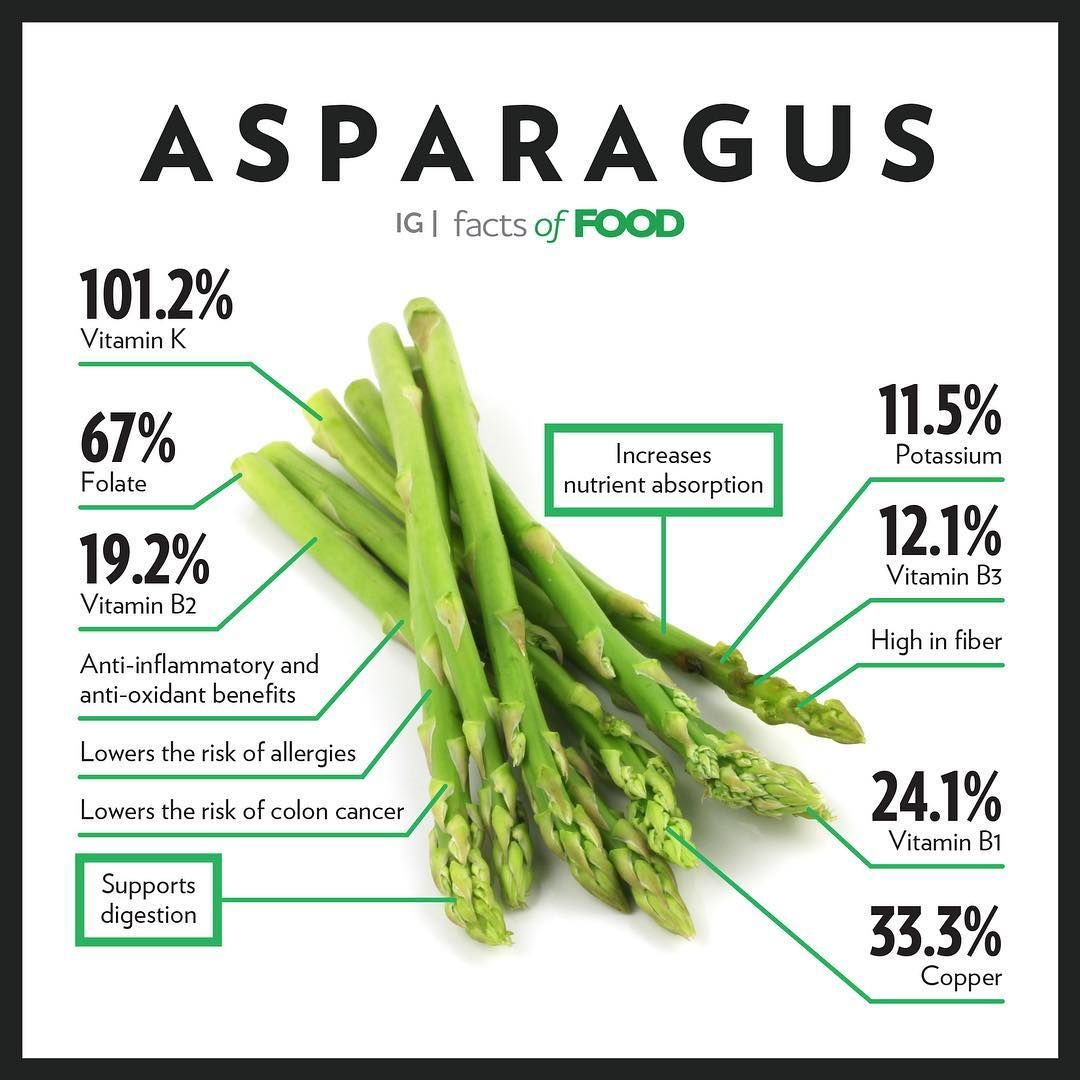How Healthy Is Asparagus? Unveiling The Benefits Of This Nutrient-Rich Vegetable

Table of Contents
Nutritional Powerhouse: Unveiling the Vitamin and Mineral Content of Asparagus
Asparagus is a nutritional champion, boasting a rich profile of vitamins and minerals crucial for optimal health.
Vitamins and Minerals:
Asparagus is an excellent source of:
- Vitamin K: Essential for blood clotting and bone health. One cup of cooked asparagus provides around 50% of the recommended daily intake.
- Vitamin A: Crucial for vision, immune function, and cell growth. Contributes to healthy skin and mucous membranes.
- Vitamin C: A powerful antioxidant that supports the immune system and collagen production. A serving of asparagus provides a significant amount of Vitamin C, aiding in the body's defense against free radicals.
- Vitamin E: Another potent antioxidant that protects cells from damage. Supports healthy skin and contributes to overall well-being.
- Folate (Vitamin B9): Essential for cell growth and development, particularly important during pregnancy. Asparagus is a good source of folate, vital for DNA synthesis and red blood cell formation.
- Potassium: An important electrolyte crucial for maintaining healthy blood pressure. Asparagus's potassium content contributes significantly to cardiovascular health.
Fiber and Antioxidants:
Beyond vitamins and minerals, asparagus is packed with dietary fiber, promoting healthy digestion and regularity. It also contains powerful antioxidants, such as glutathione, which combat free radicals and reduce oxidative stress, contributing to reduced inflammation and a lower risk of chronic diseases. The high fiber content aids in maintaining a healthy gut microbiome, promoting beneficial bacteria and improving overall digestive health.
Health Benefits of Asparagus: From Heart Health to Cancer Prevention
The impressive nutrient profile of asparagus translates to a wide range of potential health benefits.
Cardiovascular Health:
Asparagus's potassium content plays a vital role in maintaining healthy blood pressure, thereby reducing the risk of heart disease. Studies suggest a correlation between regular asparagus consumption and improved cardiovascular health.
Cancer Prevention:
The abundance of antioxidants, particularly glutathione, in asparagus has shown promise in preliminary research regarding cancer prevention. While more studies are needed to confirm these findings, the antioxidant properties of asparagus contribute to the body's defense against cellular damage, potentially reducing the risk of certain cancers.
Blood Sugar Regulation:
Asparagus has a low glycemic index (GI), meaning it doesn't cause a rapid spike in blood sugar levels. This makes it a suitable choice for individuals with diabetes or those at risk of developing the condition. The fiber content also helps regulate blood sugar by slowing down the absorption of glucose.
Digestive Health:
As previously mentioned, the high fiber content of asparagus promotes healthy digestion and regularity. The presence of prebiotics further supports the growth of beneficial gut bacteria, contributing to a balanced and thriving gut microbiome – essential for overall health and well-being.
How to Incorporate Asparagus into Your Diet: Delicious and Versatile Recipes
Asparagus is incredibly versatile, easily incorporated into various dishes.
Cooking Methods:
Asparagus can be prepared in numerous ways, including:
- Grilling: Grilling brings out the natural sweetness of asparagus.
- Roasting: Roasting asparagus with herbs and spices creates a delicious side dish.
- Steaming: Steaming preserves the nutrients and maintains the asparagus’s vibrant green color.
- Sautéing: Quickly sautéing asparagus with garlic and olive oil is a simple and flavorful option.
Pairing Suggestions:
Asparagus pairs well with a wide range of ingredients. Consider adding it to omelets, pasta dishes, salads, or stir-fries. It also complements grilled meats and fish beautifully. Experiment with different flavors and cooking methods to discover your favorite ways to enjoy this nutrient-rich vegetable.
Conclusion:
Asparagus is more than just a delicious vegetable; it's a nutritional powerhouse packed with vitamins, minerals, fiber, and antioxidants. From promoting heart health and potentially reducing cancer risk to improving digestion and regulating blood sugar, the benefits are numerous. Boost your health with asparagus by incorporating this versatile vegetable into your diet regularly. Discover the amazing health benefits of asparagus and share this article with your friends and family! Let us know your favorite asparagus recipes in the comments below!

Featured Posts
-
 What Is Xrp And How Does It Differ From Bitcoin
May 01, 2025
What Is Xrp And How Does It Differ From Bitcoin
May 01, 2025 -
 Boxing Seminar With Ace Power Promotion March 26th
May 01, 2025
Boxing Seminar With Ace Power Promotion March 26th
May 01, 2025 -
 The Surprising Health Benefits Of Asparagus Nutrition And More
May 01, 2025
The Surprising Health Benefits Of Asparagus Nutrition And More
May 01, 2025 -
 Ripple Xrp 15 000 Surge Millionaire Potential
May 01, 2025
Ripple Xrp 15 000 Surge Millionaire Potential
May 01, 2025 -
 Northumberland Sailor Sets Sail Global Journey In Handmade Boat
May 01, 2025
Northumberland Sailor Sets Sail Global Journey In Handmade Boat
May 01, 2025
Latest Posts
-
 Rechtszaak Kampen Enexis Gebrek Aan Stroomnetaansluiting
May 02, 2025
Rechtszaak Kampen Enexis Gebrek Aan Stroomnetaansluiting
May 02, 2025 -
 Xrp Price Jump Impact Of Trumps Ripple Article On Cryptocurrency
May 02, 2025
Xrp Price Jump Impact Of Trumps Ripple Article On Cryptocurrency
May 02, 2025 -
 Xrps Trajectory Etf Prospects Sec Scrutiny And Ripples Next Chapter
May 02, 2025
Xrps Trajectory Etf Prospects Sec Scrutiny And Ripples Next Chapter
May 02, 2025 -
 Kampen Neemt Enexis Voor De Rechter Stroomnet Aansluiting
May 02, 2025
Kampen Neemt Enexis Voor De Rechter Stroomnet Aansluiting
May 02, 2025 -
 Analyzing Xrps Potential The Impact Of Etf Decisions And Sec Legal Battles
May 02, 2025
Analyzing Xrps Potential The Impact Of Etf Decisions And Sec Legal Battles
May 02, 2025
